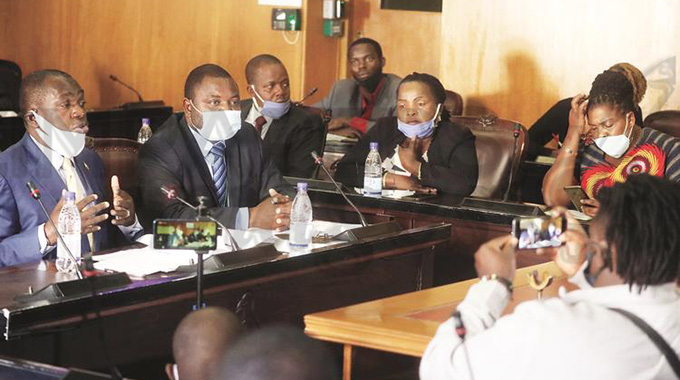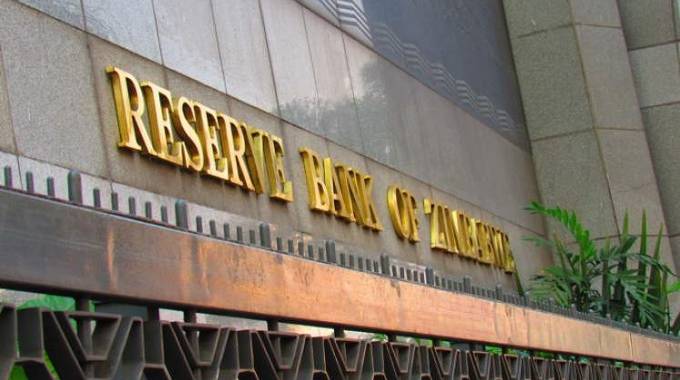PPPs to revamp embassies : SB Moyo

Herald Reporter
Public-private partnerships (PPPs)are seen as a way to repair and revamp Zimbabwean embassies, while the Ministry of Foreign Affairs and International Trade is pushing hard to pay arrears in diplomats’ salaries, rents and school fees.
Foreign Affairs and International Trade Minister Dr Sibusiso Moyo told the Parliamentary Portfolio Committee on Foreign Affairs, while giving evidence on the welfare of Zimbabwean diplomats abroad, that Government was committed to ensuring diplomats were comfortable.
Government has made progress in providing decent vehicles for all diplomats and utility vehicles for picking up staff.
“At the advent of the Second Republic we found that our diplomats were in arrears of more than 14 months in terms of salaries, rentals and fees and had no vehicles to use. Embassy staff were now renting out, while in some countries they were no longer coming to work, while in some cases they were threatening to sue us for non-payment of their money.
“We had to devise a plan to see the amelioration of all these challenges. President Mnangagwa gave a directive that while we had to deal with legacy issues we had to keep up to date with our obligation on diplomats welfare.”
Minister Moyo said it cost US$4 million a month for the upkeep of embassies and when foreign currency is available, it is distributed without discrimination.
“In terms of accommodation, most of our embassies have not been maintained for four years, for instance in South Africa and New York. We are looking at public-private partnerships to revamp accommodation and real estate accommodating our embassies. We are taking it as a real estate reform programme for our diplomats working at Zimbabwe Investment and Development Agency
“For New York we are in the process of adjudicating our embassies, as well as in South Africa and some countries. But it is better to own properties,” he said.
Minister Moyo said NSSA’s involvement in the revamping of infrastructure was one of the available options although the authority faced challenges of foreign currency availability.
He said it was also difficult for NSSA to transport raw materials from Zimbabwe to other countries, but the authority could be an ideal partner in the Sadc region.
Some legislators asked why the money from consular services coming from the embassies was not being used for maintenance and it was established that the buildings belonged to the Public Works Ministry.
“We have formed a multi-sectoral committee that I chair, which is composed of the Ministry of Local Government, the Public Service, RBZ and ZIDA. So we drive this issue together.”
Minister Moyo said all the money paid for salaries was going to cover the arrears.
He expressed concern that furniture and office equipment had not been changed for many years .
“The ministry is exploring various financial models involving the private sector that they should come in real estate. Some estates are Zimbabwean companies and they are willing to maintain embassies because it is the pride of many Zimbabweans that a Zimbabwean embassy looks appropriate and the ambassador moves in a presentable manner.
“We have rationalised the embassies in Singapore and Hong Kong, while we have reduced and downsized the one in Ghana, for instance, to reduce maintenance costs by 50 percent.”
He said although his ministry was rationalising, it also had to look at the possible implication of the move especially as it could be interpreted as implying a downgrading of relations.
“The danger is the influence in the world diminishes thereafter,” he said.










Comments